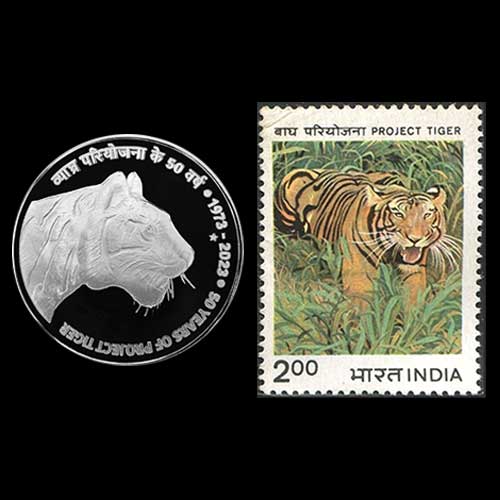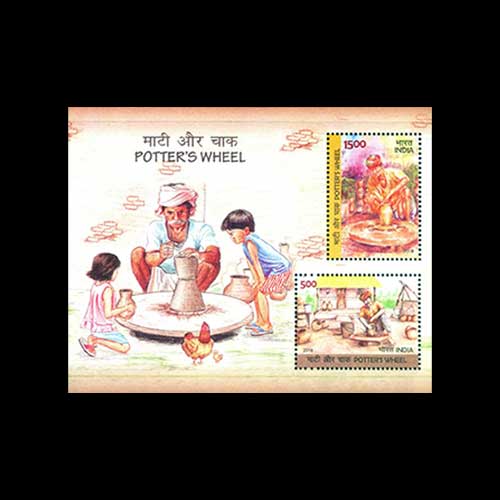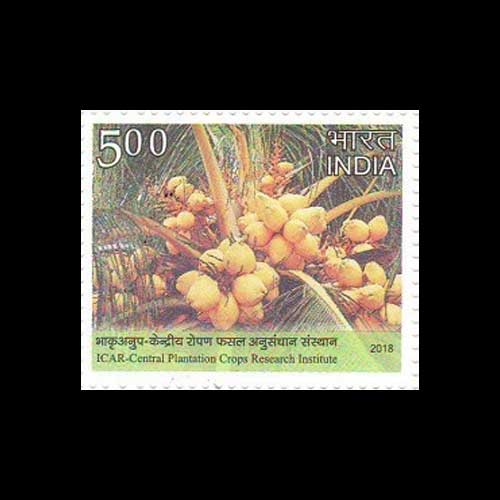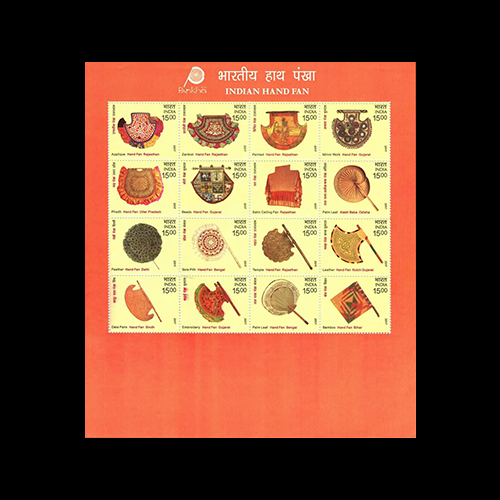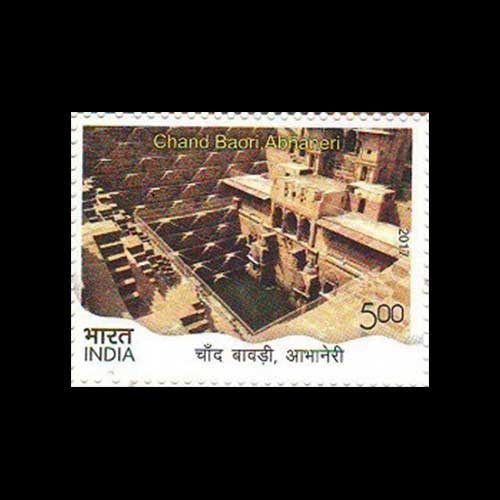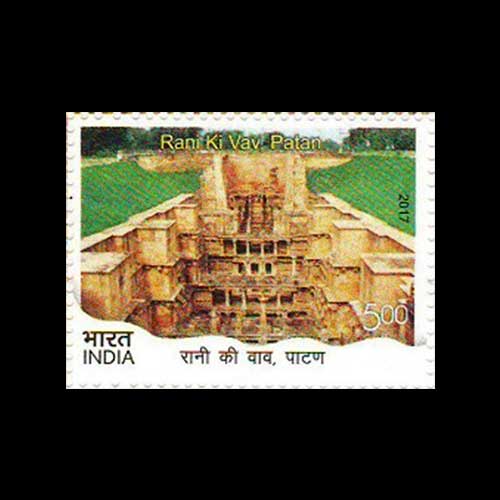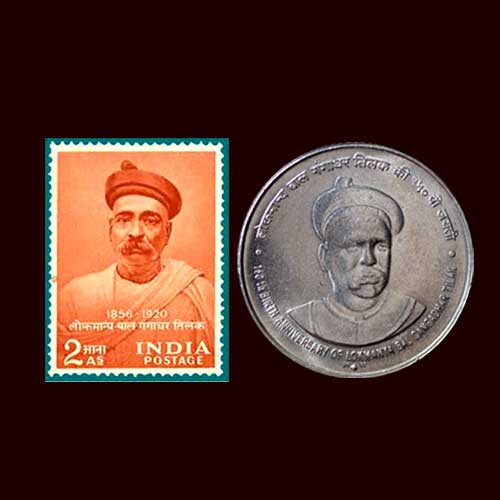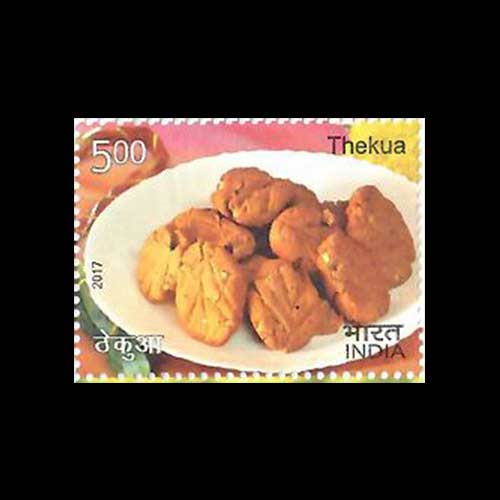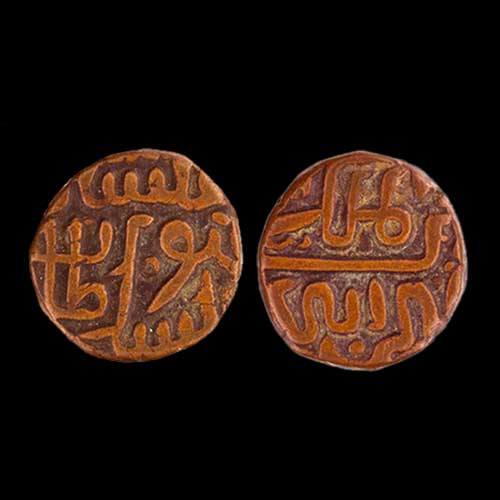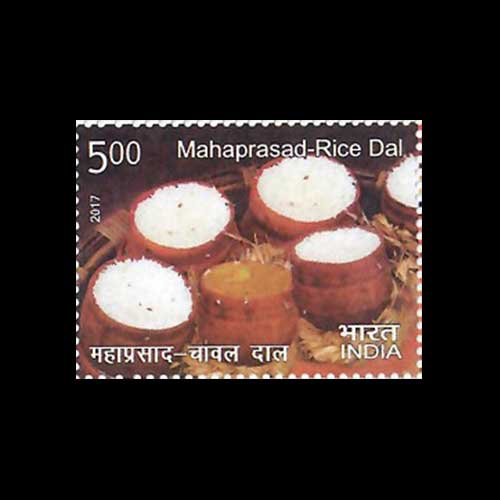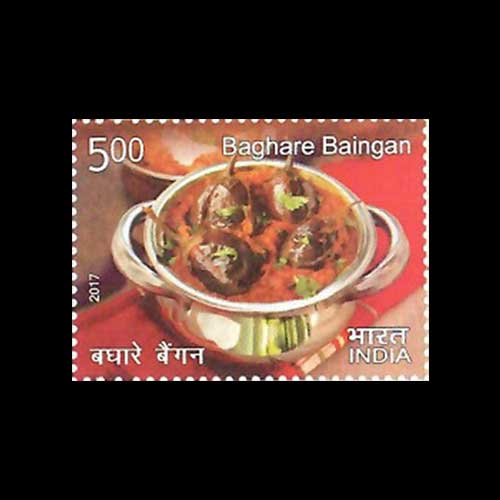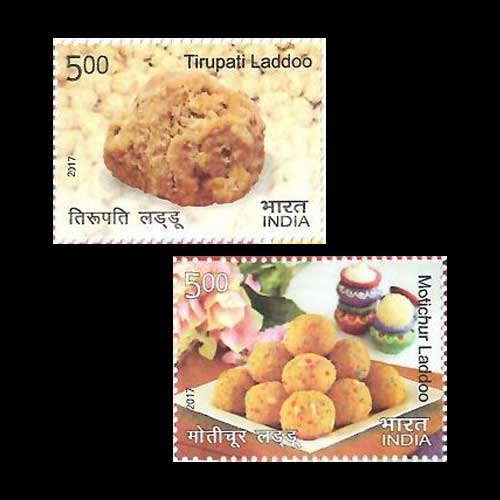News
Fascinating Archaeological Facts on Postage Stamps - 82
A Tiger (Panthera tigris) is recognized as the largest member of the Cat family and is indigenous to...
Fascinating Archaeological Facts on Postage Stamps - 81
Pottery is widely recognized as the 'Alphabet of Archaeology' due to its remarkable durability and t...
Fascinating Archaeological Facts on Postage Stamps - 80
Coconut (Cocos nucifera) is recognized as one of the most significant crops for humanity, offering a...
Fascinating Archaeological Facts on Postage Stamps - 79
The tropical and humid climate of India has historically prompted the development of innovative cool...
Fascinating Archaeological Facts on Postage Stamps - 78
Step wells are one of the most unique and least known aspects of Indian architecture. These structur...
Fascinating Archaeological Facts on Postage Stamps - 77
Rani ki Vav or The #Queen 's #step well is an 11th-century step well located in Patan, Gujarat, and...
Remembering Bal Gangadhar Tilak on his Birth Anniversary
Born on 23 July 1856, in the Village of Chikhalgaon, Ratnagiri in Maharashtra, keshav Gangadhar Tila...
Fascinating Archaeological Facts on Postage Stamps - 76
Wheat is recognized as one of the most significant cereal crops globally. This crop has undergone a ...
Coinage of the Malwa Sultanate: Hissam al-Din Hushang Shah
The Malwa Sultanate was established in 1392 CE and was initially ruled by the Khaljis, of Afghan ori...
Fascinating Archaeological Facts on Postage Stamps - 75
Dals are split pulses that are integral to the cuisines of the Indian subcontinent. Interestingly, t...
Fascinating Archaeological Facts on Postage Stamps - 74
Brinjal, also referred to as eggplant or aubergine, is cultivated globally for its edible fruit, pri...
Fascinating Archaeological Facts on Postage Stamps - 73
Laddoos is quintessential sweet in Indian culinary traditions. It is a delicacy found commonly in In...
Showing 13 to 24 of 16424 entries

